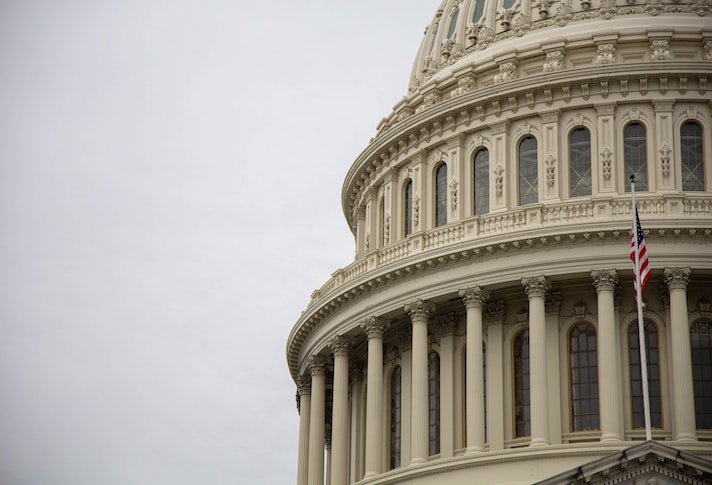From March through early June, Congress passed five bills to deal with the COVID-19 pandemic that became law. In order of passage they are: H.R. 6074, the Coronavirus Preparedness and Response Supplemental Appropriations Act (“COVID 1”); H.R. 6201, the Families First Coronavirus Response Act (“COVID 2”); H.R. 748, the Coronavirus Aid, Relief, and Economic Security Act or CARES Act (“COVID 3”) that initiated the Paycheck Protection Program (PPP); H.R. 266, the Paycheck Protection Program and Health Care Enhancement Act (“COVID 3.5”) to replenish funding for PPP loans; and H.R. 7010, the Paycheck Protection Flexibility Act, which extends the window for PPP loan forgiveness to Dec. 31.
On May 15, the House also passed H.R. 6800, the Health and Economic Recovery Omnibus Emergency Solutions Act or HEROES Act, a $3 trillion opening bid from House Democrats of what they’d like to see in COVID 4 legislation. But the HEROES Act is a non-starter in the Republican-controlled Senate and real negotiations on COVID 4 legislation aren’t expected to begin until mid-July at the earliest.
Senate Republican priorities in COVID 4 are to ensure the extra $600 weekly unemployment insurance benefit ends July 31 (as prescribed in the CARES Act) to encourage people to return to work and liability protection from frivolous COVID lawsuits for businesses and other entities. They might also want to consider an expanded Employee Retention Tax Credit (ERTC), which has bipartisan House support.
The Jumpstarting Our Businesses’ Success Credit (JOBS Credit) Act, H.R. 6776, was introduced by Reps. Stephanie Murphy (D-FL) and John Katko (R-NY) to make several improvements to the ERTC from the CARES Act, such as expanding the credit percentage from 50 percent to 80 percent of qualified wages. IHA joined a coalition letter to Congress with 130 business organizations in support of the JOBS Act, which had 14 cosponsors evenly divided between Democrats and Republicans by the end of June.



